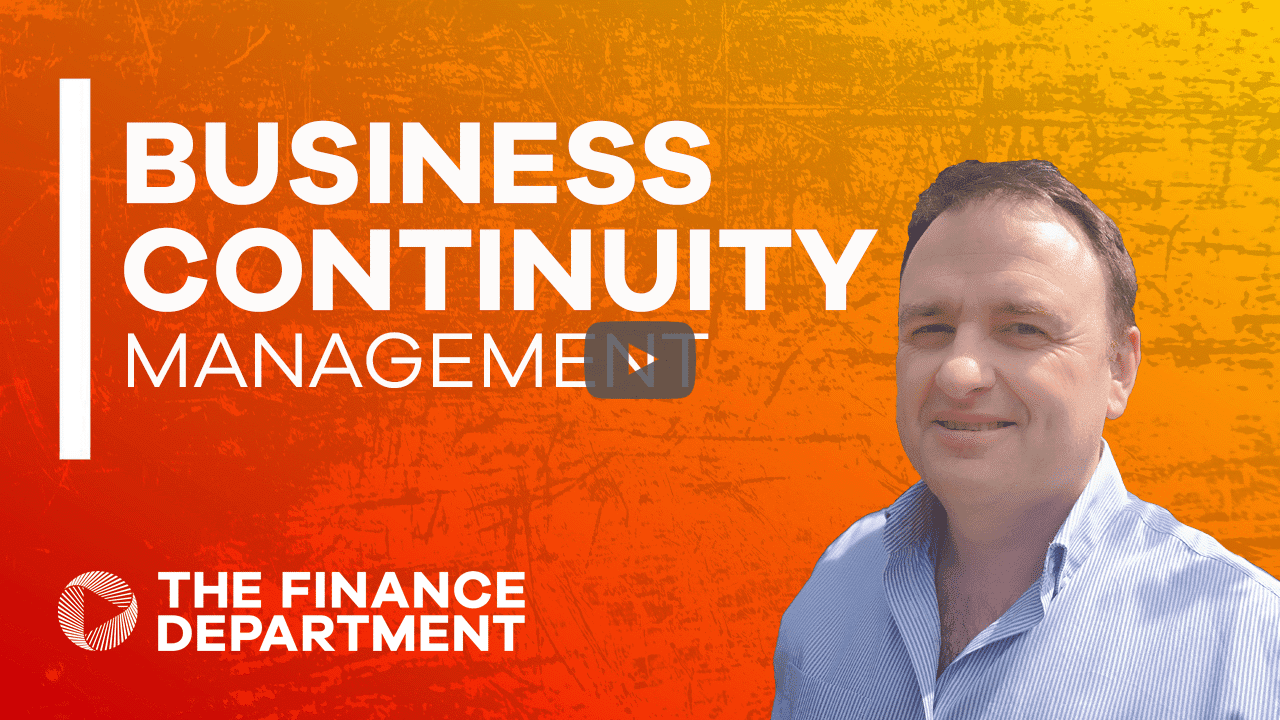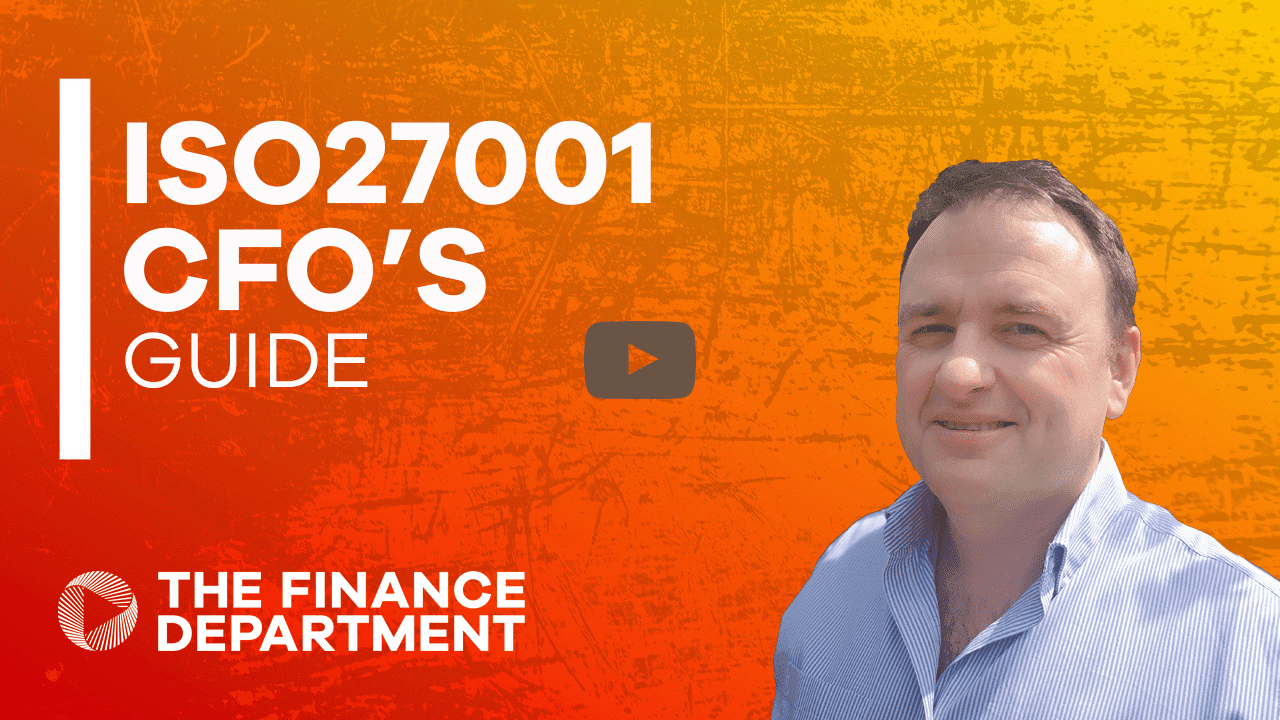Join today and start learning
TFD is the learning platform built for finance professionals.
This content is available as part of our bitesized video series.
Watch this video today by joining our free community.
Join today and start learning
TFD is the learning platform built for finance professionals.
This content is available as part of our bitesized video series.
Watch this video today by joining our free community.
Video : What happens when you outgrow EMI
In this video, Ian covers what company’s can do if the EMI scheme is not right for them? Maybe you want to aware options to non-employees? Advisors? Board members? Or maybe your Company has outgrown the limits that EMI places. Ian covers: CSOPs, JSOPs and Growth Shares.
So, what happens if your company outgrows EMI? Perhaps, because you take on more than 250 full-time employees, or having gross assets of more than 30 million or for some other reason such as it engages in, what’s called an excluded trend, which are things like, managing hotels, banking, insurance and unfortunately, law firms.
Well, there’s various alternatives, there are CSOPs, which are company share option plans, which are broadly like EMI except the individual limit is £30,000 by reference to the unrestricted market value of a share on the date of grant.
Again, very important for a private company that you instruct a good value on this rather than £250,000 for EMI. Broadly the tax treatment is the same as EMI.
No tax on the grant of the option.
No tax when it’s exercised, and when you sell the shares, there should be capital gains tax on your gain, which will be the sale proceeds you receive with the shares, less what you paid for them. I.e. the excess on this price.
There’s also what’s called growth shares. Now these are not a statutory scheme set under the legislation. These are simply a construct whereby you create a new class of share, which benefits only from the increase in market value going forwards.
So, if your ordinary share’s, let’s say, worth one pound. You set this special price of gross share up in your articles to benefit only, for when the ordinary shares have been paid a pound. And that means that those shares will typically have a value the growth shares will typically have a value, of between about 10-15%.
Again, a value will come in pretty handy here. There’s also a JSOP and that’s pretty much the same commercially as a growth share scheme. Except you don’t need to separate class of share. Well, technically, these are quite complicated, essentially, they involve splitting the interest in a share between the employee and a third party.
The third party benefits from the current market value, and that third party is generally something like a trustee of an employee benefit trust, and the employee benefits from the value going forwards. Again, the valuation of the employees JSOP join the aimed share interest is absolutely crucial and that again, something which ought to be valued by a value.
The whole point with growth shares and with JOSOPs, join the owned share plans of course, is to be able to get an interest or a type of share, like growth-share, into the employees hands when the value is relatively low and that means that either they’ll have to pay less to aquire it. Or they will need to pay tax by reference to a lower value and there’s nothing avoidant about this, you’re simply giving them something that is worth less than giving them an ordinary share, and stepping back for those who are new to the area.
Essentially, if you give somebody something with a value in connection with their employment, such as an ordinary share worth a pound on the previous example, they will pay income tax and potentially National Insurance contributions when they receive that. So a growth share or a JSOP means the value of what those people receiving on day one, is lower than it would be if you simply gave them an ordinary share.
Ian advises both public and private companies on the design, implementation and operation of the full range of share-based incentive plans, in particular tax-favoured arrangements.
Ian also advises on the share schemes aspects of IPOs and a broad range of international M&A transactions. He has considerable experience in relation to employee benefit trusts and of advising senior executives on the impact on their awards of changing employer.
Video: What happens when you outgrow EMI
In this video, Ian covers what company’s can do if the EMI scheme is not right for them? Maybe you want to aware options to non-employees? Advisors? Board members? Or maybe your Company has outgrown the limits that EMI places. Ian covers: CSOPs, JSOPs and Growth Shares.
So, what happens if your company outgrows EMI? Perhaps, because you take on more than 250 full-time employees, or having gross assets of more than 30 million or for some other reason such as it engages in, what’s called an excluded trend, which are things like, managing hotels, banking, insurance and unfortunately, law firms.
Well, there’s various alternatives, there are CSOPs, which are company share option plans, which are broadly like EMI except the individual limit is £30,000 by reference to the unrestricted market value of a share on the date of grant.
Again, very important for a private company that you instruct a good value on this rather than £250,000 for EMI. Broadly the tax treatment is the same as EMI.
No tax on the grant of the option.
No tax when it’s exercised, and when you sell the shares, there should be capital gains tax on your gain, which will be the sale proceeds you receive with the shares, less what you paid for them. I.e. the excess on this price.
There’s also what’s called growth shares. Now these are not a statutory scheme set under the legislation. These are simply a construct whereby you create a new class of share, which benefits only from the increase in market value going forwards.
So, if your ordinary share’s, let’s say, worth one pound. You set this special price of gross share up in your articles to benefit only, for when the ordinary shares have been paid a pound. And that means that those shares will typically have a value the growth shares will typically have a value, of between about 10-15%.
Again, a value will come in pretty handy here. There’s also a JSOP and that’s pretty much the same commercially as a growth share scheme. Except you don’t need to separate class of share. Well, technically, these are quite complicated, essentially, they involve splitting the interest in a share between the employee and a third party.
The third party benefits from the current market value, and that third party is generally something like a trustee of an employee benefit trust, and the employee benefits from the value going forwards. Again, the valuation of the employees JSOP join the aimed share interest is absolutely crucial and that again, something which ought to be valued by a value.
The whole point with growth shares and with JOSOPs, join the owned share plans of course, is to be able to get an interest or a type of share, like growth-share, into the employees hands when the value is relatively low and that means that either they’ll have to pay less to aquire it. Or they will need to pay tax by reference to a lower value and there’s nothing avoidant about this, you’re simply giving them something that is worth less than giving them an ordinary share, and stepping back for those who are new to the area.
Essentially, if you give somebody something with a value in connection with their employment, such as an ordinary share worth a pound on the previous example, they will pay income tax and potentially National Insurance contributions when they receive that. So a growth share or a JSOP means the value of what those people receiving on day one, is lower than it would be if you simply gave them an ordinary share.
Ian advises both public and private companies on the design, implementation and operation of the full range of share-based incentive plans, in particular tax-favoured arrangements.
Ian also advises on the share schemes aspects of IPOs and a broad range of international M&A transactions. He has considerable experience in relation to employee benefit trusts and of advising senior executives on the impact on their awards of changing employer.










